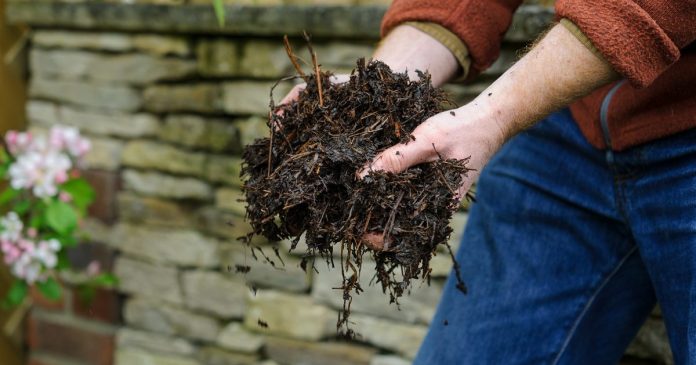
Understanding Garden Supplies
Garden supplies encompass a wide range of products designed to enhance gardening efforts. These include tools, seeds, fertilizers, soil amendments, and protective gear. The right supplies can significantly improve efficiency, productivity, and enjoyment in the garden. Among these, soil amendments play a crucial role in maintaining soil health and fertility, and mushroom compost is a particularly valuable amendment.
What is Mushroom Compost?
Mushroom compost is a type of organic matter that results from the cultivation of mushrooms. It is made from a blend of natural ingredients such as straw, horse manure, gypsum, and other organic materials that are used to grow mushrooms. Once the mushrooms are harvested, the leftover substrate is composted, creating a nutrient-rich product that is highly beneficial for gardens.
Benefits of Mushroom Compost
Enhancing Soil Structure
One of the primary benefits of mushroom compost is its ability to improve soil structure. It helps to loosen compacted soils, allowing for better root penetration and water movement. This improved structure also enhances aeration, which is crucial for root health and microbial activity.
Nutrient-Rich Amendment
Mushroom compost is rich in essential nutrients like nitrogen, phosphorus, and potassium, which are vital for plant growth. It also contains trace elements that are beneficial for plants. Unlike synthetic fertilizers, mushroom compost releases nutrients slowly, providing a steady supply over time.
Water Retention
This compost has excellent water retention properties, making it an ideal addition to sandy soils that drain quickly. By improving the soil’s ability to retain moisture, mushroom compost helps reduce the frequency of watering and supports plant health during dry periods.
pH Balancing
Mushroom compost tends to have a neutral to slightly alkaline pH, which can help balance acidic soils. This pH balancing effect can create a more favorable environment for a wide range of plants.
How to Use Mushroom Compost in the Garden
Soil Amendment
To use mushroom compost as a soil amendment, simply spread a layer of compost over the garden bed and mix it into the top few inches of soil. This can be done in the spring or fall to prepare the soil for planting. A general guideline is to use about 2-3 inches of compost and incorporate it well into the soil.
Mulching
Mushroom compost can also be used as a mulch around plants. Spread a layer of compost around the base of plants, taking care not to pile it against the stems. This helps to retain moisture, suppress weeds, and gradually improve soil as it breaks down.
Potting Mix
For container gardening, mushroom compost can be mixed with other ingredients to create a nutrient-rich potting mix. Combine it with components like peat moss, perlite, and regular garden soil to create a balanced mix that supports healthy plant growth.
Where to Buy Mushroom Compost
Mushroom compost is available at most garden supply stores and nurseries. It can also be purchased online from various retailers. When buying mushroom compost, look for products that are well-composted and free from contaminants.
Conclusion
Mushroom compost is a versatile and beneficial addition to any gardener’s toolkit. Its ability to improve soil structure, provide essential nutrients, enhance water retention, and balance soil pH makes it an excellent choice for a wide range of gardening applications. Whether you’re a novice gardener or a seasoned pro, incorporating mushroom compost into your garden supplies can help you achieve healthier, more vibrant plants and a more productive garden.



















